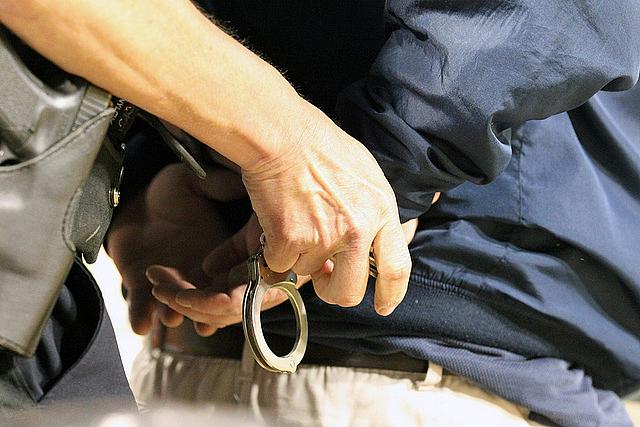National Drug Court Month celebrates a force for good in war on drugs

National Drug Court Month is almost over, but how many who could benefit from this unique aspect of the legal system actually know about this option?
The War on Drugs has left behind it a controversial history, with many arguing that the legal initiatives stemming from the movement have resulted in too-harsh prison sentences for non-violent offenders as well as racial targeting for such offenses, while not actually solving any of the issues created by drug abuse.
With May being National Drug Court Month, drug courts across the nation have been celebrating their successes in the hope of spreading awareness of this alternative method that aims to facilitate recovery and rehabilitation.
While each state has different regulations and eligibility guidelines for how drug courts function and who may use them, the basics are essentially the same across the nation. Drug courts do not accept individuals who have committed violent drug-related offenses, however, most non-violent offenders can qualify for drug courts when they are located in their community.
In stark contrast to a prison sentence where little or no recovery aids are made available, drug courts offer offenders an opportunity to undergo treatment for their addiction, and participants experience more positive long-term results.
Addicted individuals who are sent to drug courts rather than being tried in a criminal court work closely with the court to complete a rehabilitation program, which is required to last for at least one year. Judges, attorneys, prosecutors and others work together to find the best solution for each individual.
Defendants are held accountable for their progress—or lack thereof—by the court through regular, random drug testing, as well as consistent appearances in the drug court during their treatment period. Individuals are rewarded when progress is made, and the completion of their rehabilitation is marked with a graduation ceremony.
This system has been found to be highly effective. A long-term study by the National Institute of Justice found that individuals who successfully completed a drug court program were significantly less likely to be re-arrested—depending on the program, “reductions in recidivism ranged from 17 to 26 percent.”
The National Center for Policy Analysis cites a University of Pennsylvania study that “found that drug courts were two to three times more successful than other methods in reducing recidivism, drug use and unemployment,” indicating that drug courts not only provide social benefits to individuals who complete their programs, but financial benefits to society as a whole—in some cases, up to $12,000 per participant.
However, many who could benefit from the assistance of a drug court currently do not. It is estimated that over 50 percent of the U.S.’s current prison population has a history of drug abuse, and many of those who are incarcerated do not have the opportunity to seek treatment. For non-violent offenders, this is frequently simply because a drug court is not located in their community.
In such situations, addicts continue to suffer the consequences of their addiction, and taxpayer money is wasted. It’s quite clear that while incarceration has become the norm in the United States, it is far from the most desirable (or effective) option available.
One needs only look to Portugal’s successful rehabilitation-focused system to see that the problems associated with drug abuse are best solved through methods that focus on treating the root problems of addiction, rather than merely punishing addicts.
Currently there are nearly 3,000 drug courts in the United States, though many in the legal system wish to see the program expanded so it can become more widely available. In an article for The Northwestern, Winnebago County (Wis.) Circuit Court Judge Scott C. Woldt argued, “Drug courts represent a path ahead that will not only save critical money for taxpayers, but save the lives of our neighbors and our troops suffering the ravages of addiction and mental illness…the time has come to reap the economic and societal benefits of expanding this proven budget solution to all in need.”
Participation in drug courts does more than save money for taxpayers and reduce repeat arrests. These programs have the potential to save lives and provide former addicts with a new chance at life upon completion of a rehabilitation program.
[Photo by Keith Allison via Flickr.]
